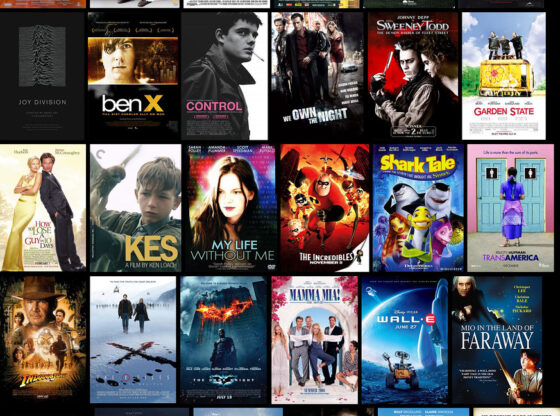Every once in a while, a film comes along that is grand in its intimacy. Movies like this explore the deep and profound through the lens of close examination, a method that produces some of the most subdued, yet beautiful, moments cinema can offer. “Moonlight” is an embodiment of this sort of film, the kind that can move one beyond words.
The story of Chiron, a gay black man growing up in the projects of Miami, “Moonlight” follows this character through three distinct stages, all of which are phenomenal. Following Chiron as a meek young boy, tortured teenager and finally a hardened but emotionally lost man, the film takes this coming-of-age journey and uses it to examine what it means to be human in a world that can often seem set against you.
The film is of course a character study, but it becomes something much more thanks to a powerful combination of committed acting and gorgeous work from director and writer Barry Jenkins (“Medicine for Melancholy”). Jenkins allows the three actors portraying Chiron (Alex R. Hibbert, Ashton Sanders and Trevante Rhodes), as well as the supporting cast, to put their skills to work unhindered in order to create something that is nuanced and hauntingly poetic.
Naomie Harris (“28 Days Later”) and Mahershala Ali (“Luke Cage”), portraying Chiron’s drug-addicted mother and a complicated drug dealer who looks after him, respectively, set the tone for the power of the film. Both, like the film itself, transcend cultural stereotypes to create nuanced characters that expose complexity hiding underneath the lives we see so often portrayed in stories about black communities. Two scenes, one an argument between Harris and Ali’s characters and the other a conversation between Chiron and his new guardians about his sexuality, provide some of the most emotionally powerful messages about social constructions ever seen on film. These scenes would not be possible without the complete dedication from Harris and Ali, whose dynamite acting makes these moments seem natural and raw. The frank honesty of the film is made possible through the work put in by these two fine actors, whose scenes make everything else we see all the more believable.
Of the three actors portraying Chiron, Rhodes is easily the best. All are wonderful, but Rhodes’s role allows him to create a dichotomy in his character that marvelously ties together the themes of the film. With subtlety and grace, Rhodes places Chiron as a man in constant interrogation with his soul despite the belief he has figured out what kind of man he needs to be. Through every moment, his acting creates a feeling of uncertainty that echoes the constant flux and influence individuals of his background face every day in the real world. Without his performance, the answers “Moonlight” attempts to seek out would be lost in the waves.
All of this fine acting, work and exploration of meaning in a socially complex world would, again, not be possible without the steady hand of Jenkins, who probably puts in the finest work of the year at the director’s chair. Not only does he employ an acute sense for pace and feeling, allowing his actors to lay the foundations of the film, he is a fine visual artist as well. The style of the film is wonderful, bursting with darkly beautiful color and framing. All three sequences of the film feel distinctly different, thanks to Jenkins’s choices of film stock, which work to back up the prevalent emotions of these portions of the story.
“Moonlight” is simply one of the best films of the year, a shining example of how fruitful patience can be when employed in filmmaking. By allowing the acting and imagery of the film to speak for itself, Jenkins and company create art that is beautiful in its honesty and respect for the characters and communities it portrays. All that “Moonlight” leaves one wishing for is that more films had the bravery to be this compassionate.
Rating: A











